|
by Dottie Head, Director of Communications
Georgia Audubon was recently awarded a grant from the Richard King Mellon Foundation to increase public awareness of the importance of bird-friendly native plants and to promote voluntary actions to reduce the spread of invasive plants through statewide expansion of the Plants for Birds Program and increasing invasive plant species monitoring throughout the state. “Georgia Audubon is delighted to receive this grant from the Richard King Mellon Foundation to expand our efforts to educate Georgians about the interconnectedness of healthy native plant habitat and overall environmental health,” says Jared Teutsch, Georgia Audubon executive director. “Our ecosystems depend on birds, and birds depend on the resources provided by native plants. When an ecosystem is not functioning for birds, it is or soon will be detrimental to people, too.” As part of this project, Georgia Audubon will promote voluntary actions to reduce the spread of invasive plants through targeted education, outreach, and monitoring campaigns through the statewide expansion of our Native Plants for Birds Program. With a history of building public support for bird-friendly native plants, Georgia Audubon is a leading partner for the nationwide Plants for Birds initiative, spearheaded by the National Audubon Society, which has a goal of adding one million native plants to our greenspaces through native plant sales, habitat restoration, and public education. To date, Georgia Audubon has distributed or planted 57,876 native plants in Georgia. The spread of non-native invasive plant species greatly contributes to native habitat degradation. Despite this, invasive plants are readily sold at large nurseries throughout Georgia, which further exacerbates the problem. Implementing efforts to limit the transport, propagation, and sale of invasive plant species would be hugely beneficial, but in order to do so, the list of recognized invasive species in the state of Georgia needs updating. The Georgia Exotic Plant Pest Council is the body in charge of officially listing invasive plants threatening native habitat in Georgia. The purpose of the Georgia EPPC Invasive Plant List is to identify and categorize plants that pose threats to natural areas in Georgia. The invasive plant list is divided into four categories, with one (1) being the most invasive and four (4) being the least invasive. Unfortunately, detailed distribution information does not exist for many species, making it difficult to rank plants adequately. As part of this grant, Georgia Audubon volunteers will be leveraged to help fill in data gaps of the Georgia EPPC Invasive Species List to make the list more robust and provide better guidance for plant growers and retailers. In addition, Georgia Audubon will utilize its Wildlife Sanctuary Program as a way to encourage property owners to fill their landscapes with native plants and remove or control non-native invasive species. The Wildlife Sanctuary Program recognizes individuals who are providing critical wildlife habitat and creating healthy habitats for wildlife and people. To date, Georgia Audubon has certified more than 700 properties as Wildlife Sanctuaries. Finally, Georgia Audubon will continue to increase native plantings through the management of large-scale ecological restoration projects across the state with partners like the Georgia State Parks system, land trusts, city parks, the Army Corps of Engineers, and other nonprofit organizations. These projects remove invasive plant species, engage the public in monitoring birds and other wildlife on the project sites, and restore the areas with native plants. Each property—whether one of our managed restoration projects or a certified Wildlife Sanctuary—is a patch of restored habitat in the frayed fabric of the ecosystem in which it lies. By educating about and landscaping with native plants, Georgia Audubon is working to turn a patchwork of green spaces into a quilt of restored habitat across the state. “Georgia is facing a significant loss of our favorite bird species due to habitat loss and degradation, climate change, pesticide use, and other factors. Statewide, 23 percent—or 58 of Georgia’s 254 bird species—are vulnerable,” says Teutsch. “As the largest statewide organization connecting people with birds and healthy habitats, Georgia Audubon can play a critical role in promoting responsible, voluntary behaviors that can slow the spread of invasive plants...all through the lens of birds.” For more information about the Richard King Mellon Foundation, visit https://www.rkmf.org/. For more information on Georgia Audubon, visit https://www.georgiaaudubon.org/. About the Richard King Mellon Foundation: Founded in 1947, the Richard King Mellon Foundation is the largest foundation in Southwestern Pennsylvania, and one of the 50 largest in the world. The Foundation’s 2021 year-end net assets were $3.4 billion, and its Trustees in 2021 disbursed $152 million in grants and program-related investments. The Foundation focuses its funding on six primary program areas, delineated in its 2021-2030 Strategic Plan. About Georgia Audubon: Georgia Audubon is building places where birds and people thrive. We create bird-friendly communities through conservation, education, and community engagement.
0 Comments
Photos courtesy of Dunwoody Nature Center. Visitors to the Northwoods Pavilion at Dunwoody Nature Center may notice some new, tiny dots adorning the glass on the building. These dots are special window treatments designed to prevent birds from flying into the glass. The project was made possible thanks to a partnership between Georgia Audubon and Dunwoody Nature Center through a grant from the Disney Conservation Fund.
The dots are a special CollidEscape film that reduces the transparency of the glass and breaks up reflection, preventing birds from flying into them. CollidEscape Film was applied to approximately 1060 square feet of the exterior windows. Spaced two inches apart, the dots break up the reflection and alert birds that the space is not a clear flyway, causing them to stall and fly in a different, safer direction. Current research estimates that between 365 million and 1 billion birds perish each year from colliding with buildings in the United States. To learn more about Georgia Audubon's work to prevent bird-building collisions or how to prevent collisions at home, visit our collisions page. |
AuthorBirds Georgia is building places where birds and people thrive. Archives
July 2024
Categories |

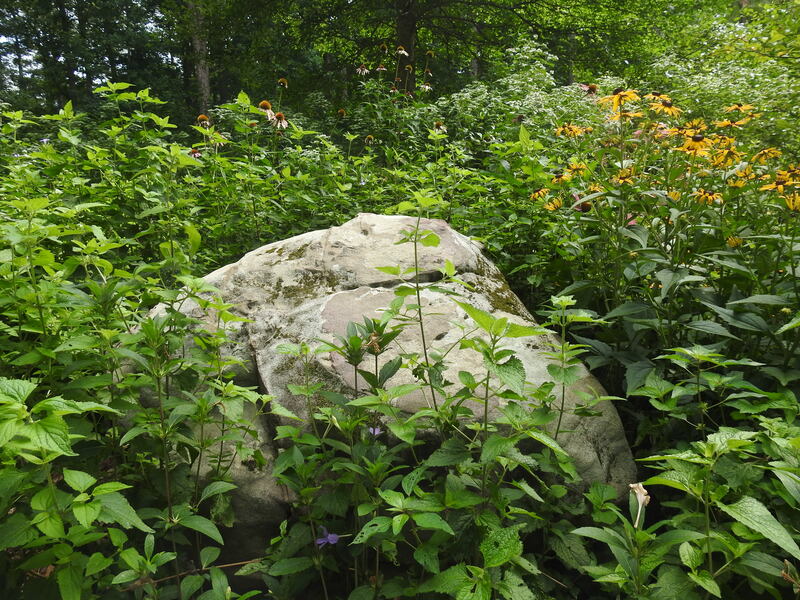
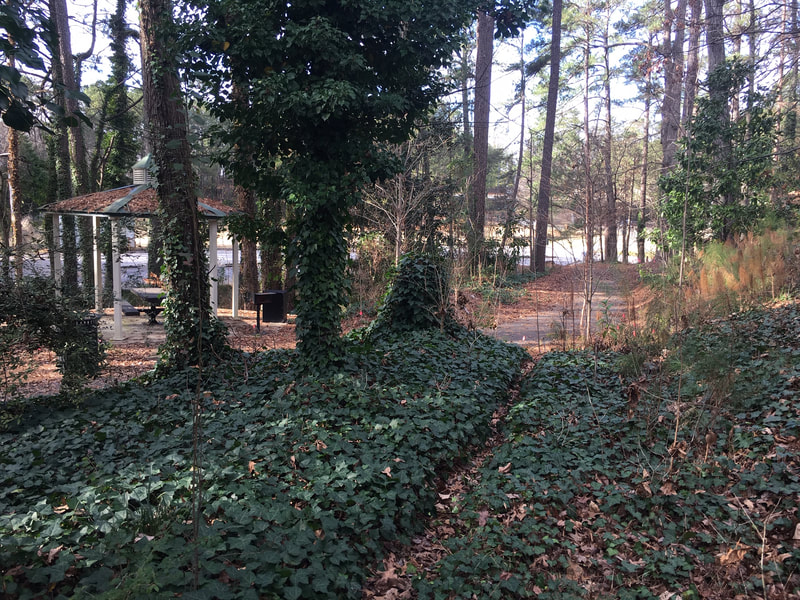
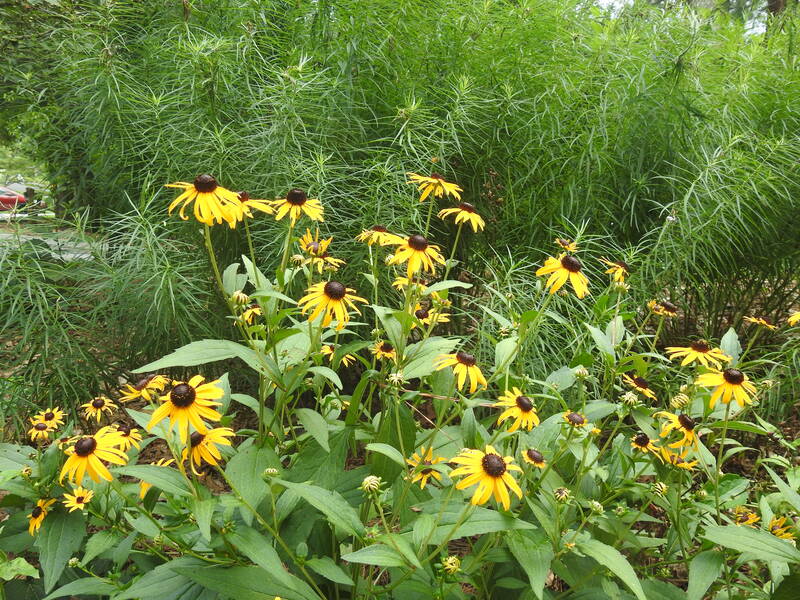
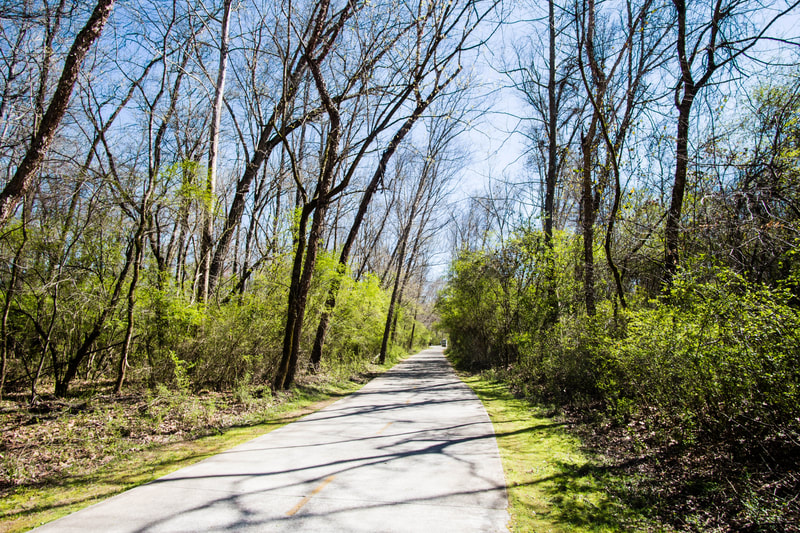
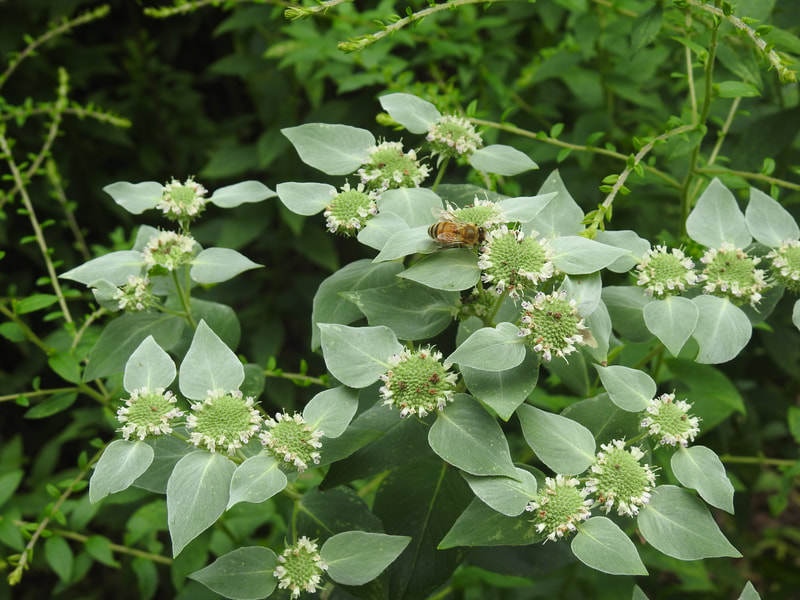
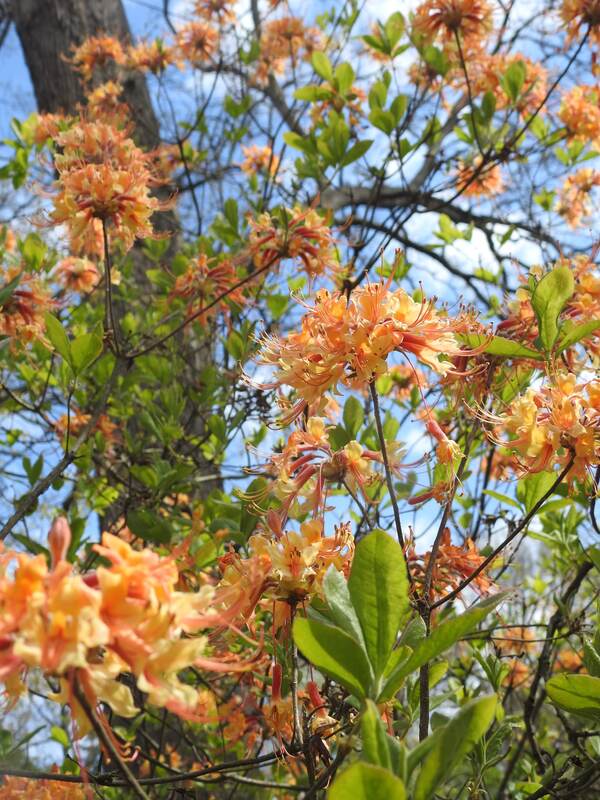
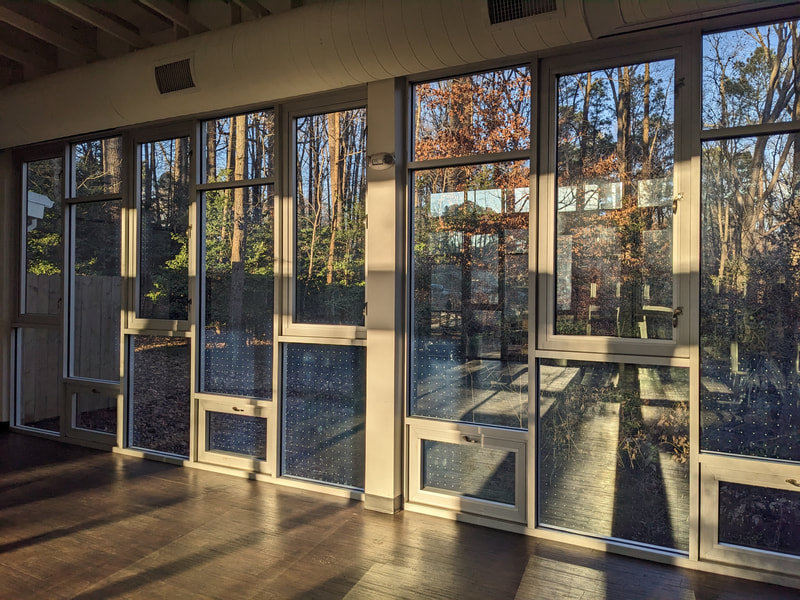
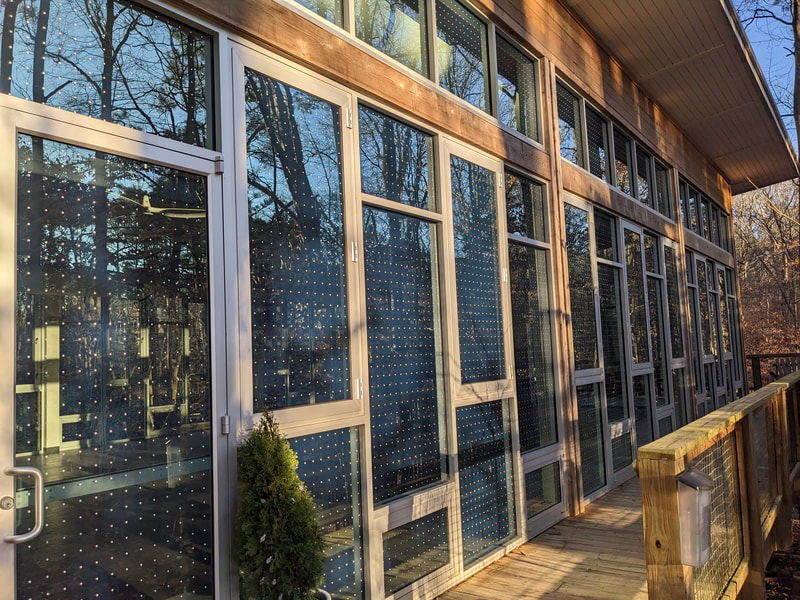
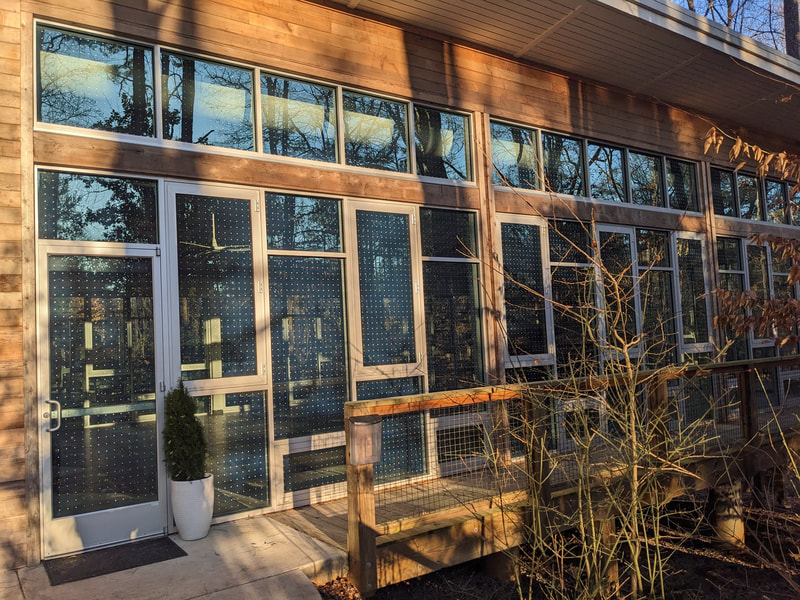
 RSS Feed
RSS Feed
